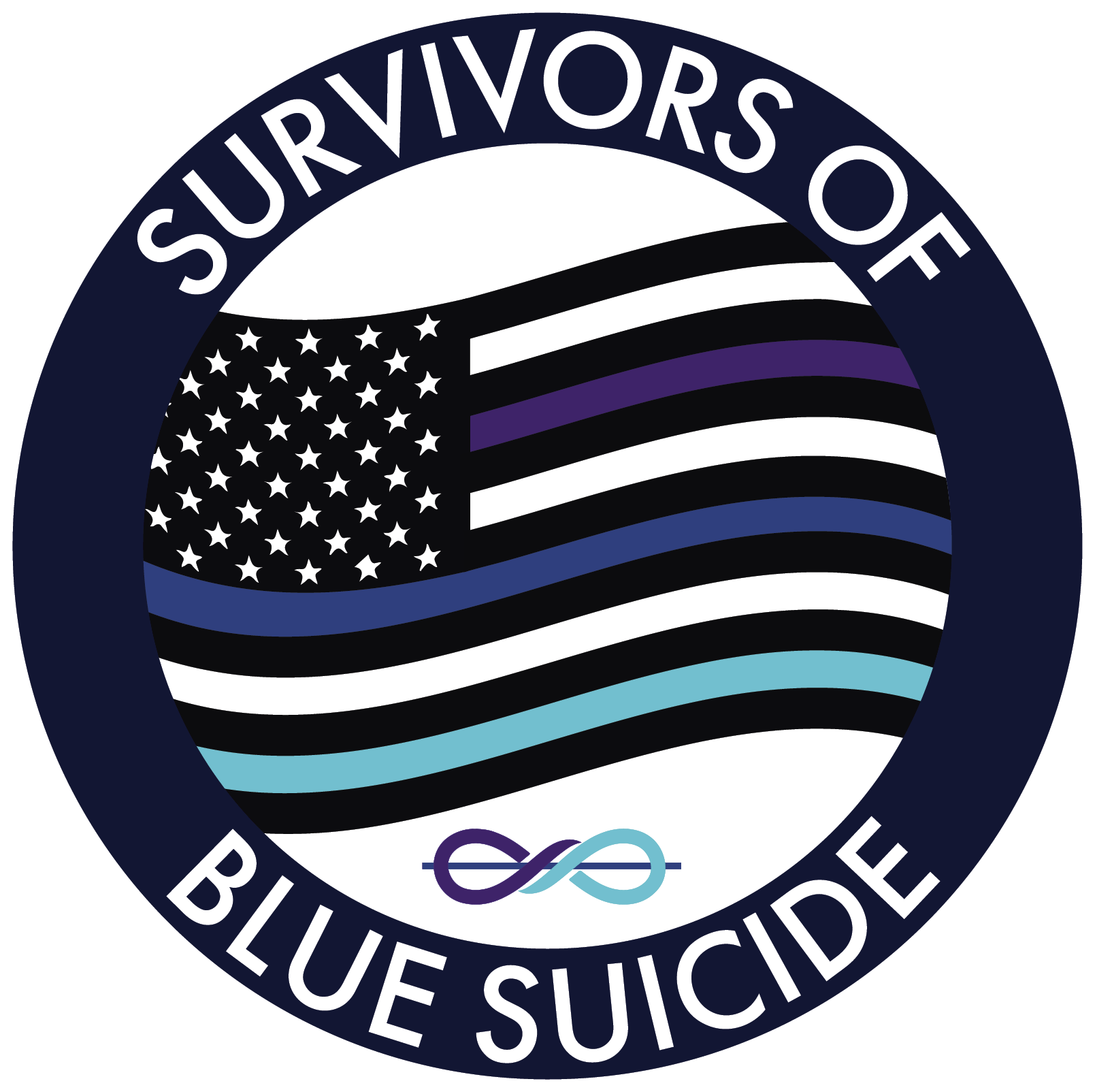LAW ENFORCEMENT SUICIDE PREVENTION
LAW ENFORCEMENT SUICIDE PREVENTION
WARNING SIGNS OF LAW ENFORCEMENT SUICIDE
- is talking about suicide or death, and even glorifying death.
- is giving direct verbal cues, such as “I wish I were dead,” and “I am going to end it all.”
- is giving less direct verbal cues, such as “What’s the point of living?”, “Soon you won’t have to worry about me” and “Who cares if I'm dead, anyway?”
- is now self-isolating from friends and family.
- is expressing the belief that life is meaningless or hopeless.
- starts giving away cherished possessions.
- is exhibiting a sudden and unexplained improvement in mood after being depressed or withdrawn. This is a dangerous sign because the officer has come to terms with his/her own death and is relieved the end is near.
- is neglecting his or her appearance and hygiene.
- is annoyed that he/she is going to do something that will ruin his/her career, but doesn’t care.
- is openly discussing that he/she feels out of control.
- develops a morbid interest in suicide or homicide.
- indicates that he/she is feeling overwhelmed and cannot find solutions to his/her problems.
- is asking another officer to keep his/her weapon.
- is out of character by inappropriately use or displaying a weapon unnecessarily.
- exhibits reckless behavior; taking unnecessary risks on the job and/or in his/her personal life. The officer acting like – he/she has a death wish.
- is carrying weapons in a reckless unsafe manner.
- exhibits deteriorating job performance.
- has recent issues with alcohol and/or drugs.
- displays behavior changes that include appearing hostile, blaming, argumentative and insubordinate or appear passive, defeated and hopeless.
RISK FACTORS
- Family history of suicide
- Family history of child maltreatment
- Previous suicide attempt(s)
- History of mental disorders, particularly clinical depression
- History of alcohol and substance abuse
- Feelings of hopelessness
- Impulsive or aggressive tendencies
- Cultural and religious beliefs (e.g., belief that suicide is noble resolution of a personal dilemma)
- Local epidemics of suicide
- Isolation, a feeling of being cut off from other people
- Barriers to accessing mental health treatment
- Loss (relational, social, work, or financial)
- Physical illness
- Easy access to lethal methods
- Unwillingness to seek help because of the stigma attached to mental health and substance abuse disorders or to suicidal thoughts
(800)273-8255
(800)273-8255
The Lifeline provides 24/7, free and confidential support for people in distress, prevention and crisis resources for you or your loved ones, and best practices for professionals.
COPLINE is a not-for-profit 501(c)3 dedicated to serving active and retired law enforcement officers and their loved ones by providing CONFIDENTIAL 24/7 trained retired officers for callers that are dealing with various stressors law enforcement careers encounter both on and off the job. Whether it is just a “bad day” or a crisis we are here to listen. We are able to assist with a referral to a culturally competent mental health professional.
Academy Hour
Academy Hour
We provide valid, practical, relevant, and supportive mental health education which will help Law Enforcement Officers and First Responders gain resiliency, longevity, and overall well-being, on- and off- the job.
Free Online Training Classes
We don't want cost to get in the way of First Responders having access to mental health training. So we've made all our online training classes in our main catalog completely free to First Responders. Just click on a class, enroll for free, and start training. Take as many classes as you want, and you'll earn a certificate at the end of each.
